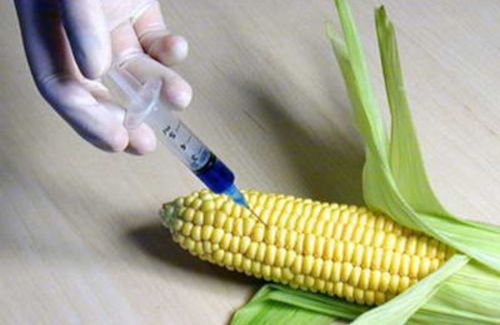European trade agreement could impact Canadian agriculture

The Post | 28 Oct 2010
European Trade Agreement could impact Canadian agriculture
By JON RADOJKOVIC, FOR THE POST
Small and midsized family farms in Grey and Bruce have enough on their plate to worry about these days and they would hope that their federal government would act on their behalf and not just for the big guys.
Not many farmers may know that there are trade negotiations under way with the European Union that may severely impact agriculture in Canada. Items such as food inspection, supply management, local food, Canadian Wheat Board and Plant Breeders Rights are all on the negotiating table.
According to many sources and farm organizations it means that more and more control will be given to multinational corporations that dominate agricultural sales, from more control over the food we eat to which seeds to use.
Looking at Canada’s first major trade agreement, the North American Free Trade Agreement (NAFTA), farmers have not gained much and lost a lot. Since the agreement in 1988 there have been 80,000 fewer farms, net farm income has remained at just above zero and negative since 2002. Although agricultural exports tripled in that time so has farm debt to an astounding $64 billion.
The new trade deal with Europe, called the Canada-European Union Comprehensive Economic and Trade Agreement (CETA) has been under way for over a year and is expected to be finalized next year. The reason many have not heard anything or just a little of this extremely important trade deal is because negotiations have been mainly done behind closed doors.
"This is...a semi-secret negotiation process, where the ’parties’ have agreed not to disclose the content of the text while negotiations are going on," said Terry Boem, national president of the National Farmers Union.
Luckily there were leaks. One of the most controversial items is adapting UPOV 91 by the Canadian government.
They tried to introduce UPOV 91 in 2005 but a groundswell of opposition kept the draconian bill out of the farmer’s grain bins. UPOV91 would limit or could stop a farmer from saving, exchanging, reusing or selling seed. Right now Canada has UPOV78, which is enough to meet all of their trade deals. Within the proposed CETA provisions if UPOV 91 is adopted by the feds it would give the plant breeder (read Monsanto and other multinational companies) the right to seize all the assets of an infringer (read farmer).
Even a suspicion by plant breeders of an infringement of their seeds or soon to come animal breeding called intellectual rights or gene patents, could mean a farmer can be issued an order to prevent them from planting a crop with his or her own seed. Even worse, if the farmer was alleged to have broken the rules he or she could have their crops, equipment and land, seized, and have their bank accounts blocked before the case is even heard in a court of law.
Seeds are the cornerstone of farming. Most seed so far has been in the public domain that is they are publicly researched certified seed and available on the market, where they can also be saved or sold as seed. (These government research stations have been closing down by the present federal government).
The price of this seed this year, a good example is wheat, was on average $11.61 per bushel while the farmer received $5.54 per bushel for his crop.
Canola seed on the other hand, most of which is now of the genetically modified kind and therefore is illegal to save, cost farmers $324.42 per bushel for the seed while the farmer got $9.79 per bushel for his crop. UPOV91 would certainly give legal strength to those large patent holders just because they have inserted a gene into a plant.
The federal government says it’s all about opening trade with Europe, its second largest trading partner after the USA.
"The parties are committed to resisting protectionist pressures in challenging economic times, and are seeking to achieve an ambitious outcome across all negotiating areas. The Government of Canada has made CETA negotiations a priority in its international trade agenda and negotiators continue to move the negotiations as quickly as possible," says Foreign Affairs and International Trade Canada, who are negotiating the trade deal.
In the past, organic farmers and the Canadian Federation of Agriculture(CFA) have voiced their "concern" over Plant Breeders Rights Act legislation. Organic farmers cannot use GM seed and contamination by neighbouring fields is always a worry. With UPOV 91, they could also be charged if contamination did occur, even if they didn’t plant with GM seed. It was unfortunate that the ongoing CETA negotiations didn’t appear on the CFA web.
Food inspection is also on the negotiating table and is expected to be harmonized between the two countries. In other words, something inspected in Europe will be accepted here by all the provinces and territories and vice versa. But those laws would certainly be based a on a "lowest denominator" possible.
A scary part might be the use of local food in instittions, something most growers hope will happen more in the near future. Within CETA, food agreements made by hospitals, universties and all other government institutions could be called into question as favouring local food over imported food. This would also spill over into favouring local businesses. As well supply management is also under CETA attack, as it has been in World Trade Organization talks for the past decade. Oh, and if GM crop growers think they might get access to European markets, the CETA agreement does not apply to genetically modified organisms, so the closed door policy on GM crops continues.





